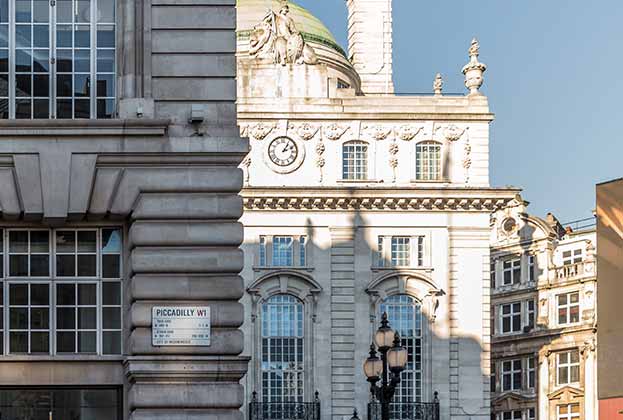For investors, trading properties lie at the opposite end of the risk spectrum from more traditional commercial property investments. To release annual income streams these assets require significant input of time and effort. They need specific market knowledge to ensure success. Often, a high level of up front and ongoing capital expenditure is also necessary.
However, despite this, we’re seeing more and more investors look for opportunities in the trading and other alternative sectors as they seek to diversify their portfolios against a backdrop of low yields in some of the more traditional commercial asset classes in the UK.
Car parks can be a good place to start, offering the investor a middle-ground opportunity that falls somewhere between a fully fledged trading property and a traditional property investment. There is a range of small to large investment opportunities, and while they can be owner-operated as a trading property, they require significantly less management than other trading sectors.
Understanding the competition, added-value potential and the sustainable trading business of a car park is important, as is its location. Operational costs vary considerably on a site-by-site basis and are dependent upon where it is – costs of a car park in a city centre will differ from one in an airport, which will be different from one at a visitor attraction, and so on.
The location impacts on the likelihood of any one-off costs required, such as vandalism, problems with unauthorised users and fly-tipping. The mechanisms for ticket and charges enforcement, as well as staffing costs, will also contribute significantly to the variance between sites, along with other more standardised charges across the sector.Turnover and profit will differ, relative to whether the income is derived from contracts or cash sales, or long-term leasing agreements.
The valuation and analysis of car park assets can therefore be complicated, largely due to the limited number of transactions each year (and even fewer on an operational basis or without an underlying long term development angle to the sale). With few major operators in the industry, car parks are often owned as part of a portfolio allowing for economies of scale on administrative costs, marketing, and group initiatives. This means to consider a site as a single asset, as it could be run by an individual operator, will require all portfolio operating costs to be unravelled.
The requirement for parking spaces is unlikely to decrease in the short to medium term, despite the ongoing green agenda, and therefore this remains an attractive ‘alternative’ property sector, both for an investment and operational business, that is typically relatively resilient during an economic downturn. However, as more and more investors recognise the mileage in car park investment, opportunities may be hard to spot.
Further information
Contact Savills Trade & Leisure Related Services
(1).jpg)
.jpg)





.jpg)


